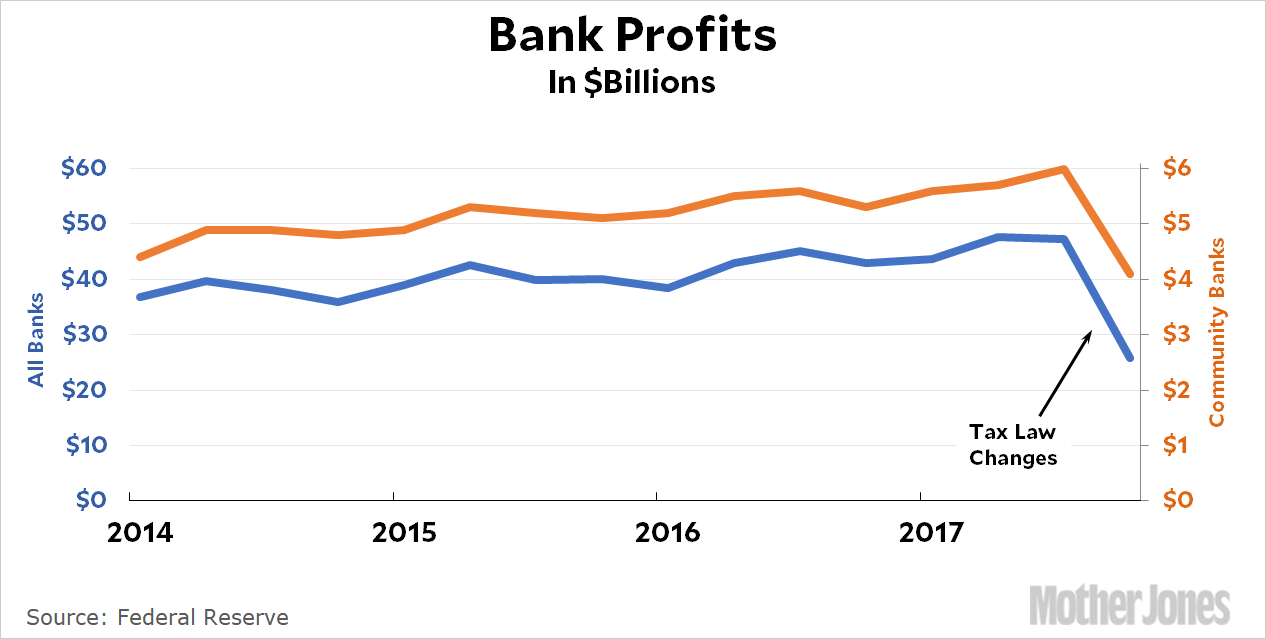Democrats are getting ready to join Republicans in support of a bill to water down the Dodd-Frank banking regulations passed after the 2008 financial crisis:
Congress’s appetite for pulling back bank regulations shows the renewed clout of the financial sector in Washington, not just in the GOP but also among Democrats. Eight years after nearly every Senate Democrat backed a sweeping set of new rules for financial firms large and small, the party is now split, with moderates, several of them facing tough midterm election contests, working with the opposing party.
The core of the new bill exempts about two dozen financial companies with assets between $50 billion and $250 billion from the highest levels of scrutiny by the Federal Reserve, the nation’s central bank. Supporters argue that the legislation would bring much-needed relief to midsize and regional banks that were treated like their much larger counterparts under the 2010 legislation known as Dodd-Frank. Opponents say it would weaken the oversight needed to stave off the type of dangerous lending and investing that brought the U.S. economy to its knees.
It’s all about the poor community banks! And yet, I was curious. Just how are community banks doing these days? At great expense, the research team here at Mother Jones clicked a few links to retrieve Fed data on bank performance. Here it is:

I am just a humble blogger with no experience in the mighty financial industry, but it sure looks to me as if banks are doing fine. It also looks to me as if community banks are doing about as well as the big banks. Sure, they took a hit in the 4th quarter of 2017, but that was due to one-time writedowns on deferred tax assets prompted by the new Republican tax legislation. They’ll make it all up and more thanks to lower tax rates going forward.
Now, tell me again why we need to loosen the rules on banks?

















